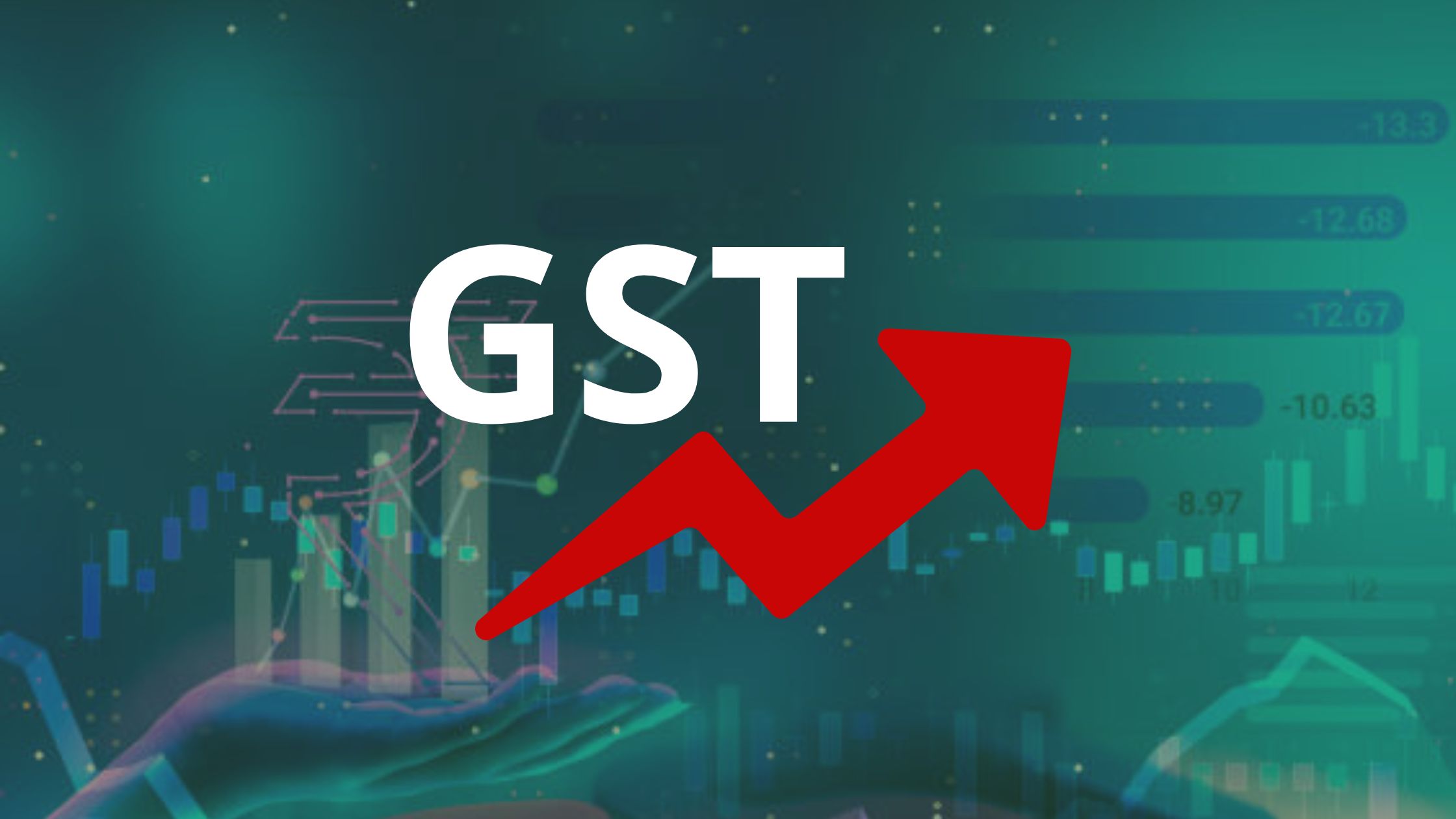
The Goods and Services Tax (GST) framework is set to undergo significant changes from April 1, 2025. These modifications aim to streamline taxation, enhance compliance, and curb fraudulent activities. If you’re a business owner, taxpayer, or consumer, here’s everything you need to know about how these new GST rules will impact you.
To enhance security and prevent data breaches or fraudulent transactions, the government is making Multi-Factor Authentication (MFA) mandatory for all GST-registered users. Previously, this was applicable only to businesses with a turnover exceeding Rs. 20 crore (since January 2025) and Rs. 5 crore (since February 2025). Now, from April 1, 2025, all users must enable MFA to access the GST portal.
Starting April 1, businesses with a turnover of Rs. 10 crore or more must report their e-invoices to the Invoice Registration Portal (IRP) within 30 days. Currently, this rule applies only to businesses with a turnover of Rs. 100 crore or more.
Hotels with room tariffs below Rs. 7,500 currently charge 5% GST without Input Tax Credit (ITC). However, from April 1, 2025, these hotels can opt for 18% GST with ITC benefits.
The sale of second-hand cars will now attract 18% GST instead of 12%. This applies to used car dealerships and agencies involved in the resale of vehicles.
Finance Minister Nirmala Sitharaman has indicated that GST rates may further decrease as the tax slab restructuring process nears completion. The Revenue Neutral Rate (RNR), which was 15.8% in 2017, has now dropped to 11.4% in 2023, and further reductions are expected.
With enhanced security measures, stricter compliance norms, and changes in tax rates, the new GST rules from April 1, 2025, will significantly impact businesses and consumers alike. Whether you’re a small business owner, a hotelier, a car dealer, or a consumer, staying informed about these changes will help you navigate the transition smoothly.
Stay updated, stay compliant! Share your thoughts here: https://forms.gle/RMs3hVzHNBRPovLD7